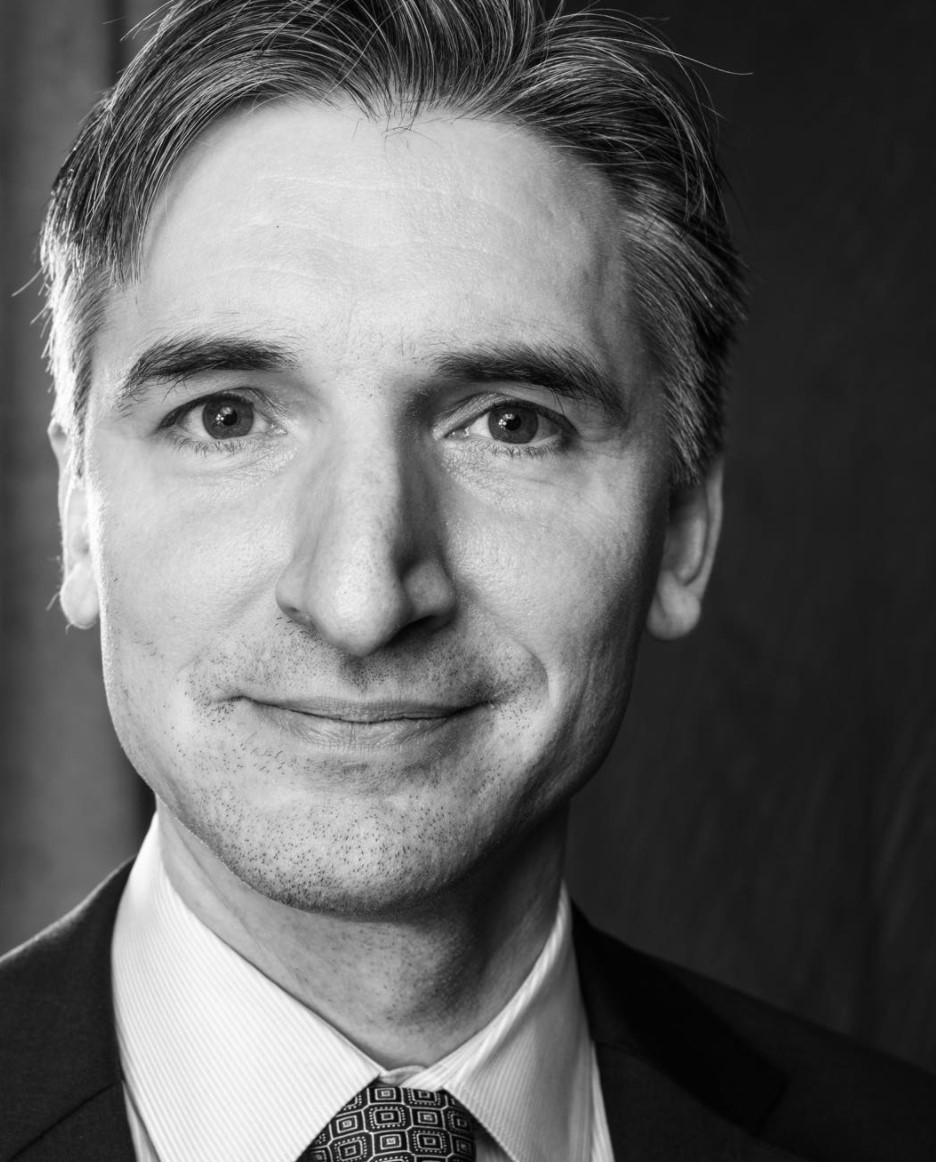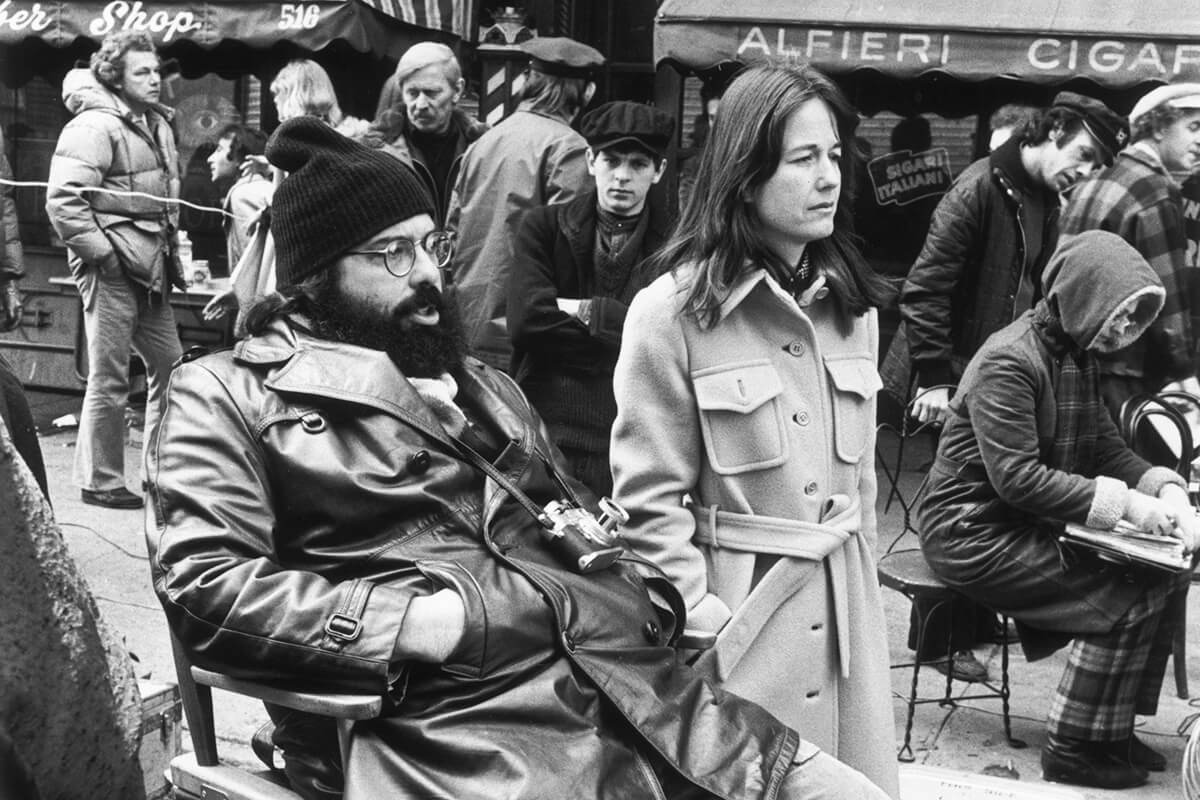When Eleanor Coppola died Friday at the age of 87, it was inevitable that most obituaries would lead with the fact that she had been the wife of Francis Ford Coppola, one of the most acclaimed filmmakers of the last 50 years. An artist, a costume designer, a writer, a documentarian and a director, she met her future husband on the set of his feature debut, the 1963 Roger Corman-produced horror flick “Dementia 13.” They got married the year the movie came out and were together the rest of her days, Eleanor often living in Francis’ shadow—or, at least that’s how it seemed from the film world’s perspective. It’s a story we’ve become accustomed to: The great male director goes out and conquers the world with his bold masterpieces, while the wife stays home, raises the kids and occasionally gets thanked by her husband when he wins an award. If he remembers, of course.
But Eleanor and Francis’ relationship was always more complicated than that, their artistic lives more intertwined, and if you need reminding, now is the perfect time to revisit (or seek out for the first time) “Hearts of Darkness: A Filmmaker’s Apocalypse,” the 1991 documentary about Francis’ audacious opus, the Oscar-winning “Apocalypse Now.” Recounting the harrowing tale of one of Hollywood’s most troubled productions, which ended up being one of the 1970s’ most celebrated films, Fax Bahr and George Hickenlooper’s movie helped cement the classic Great Man narrative of the ambitious auteur who risks it all—including his sanity—in pursuit of his Art. Watch it now, though, and you realize how integral Eleanor was to both “Apocalypse Now” and the legend that has grown around it. “I am an observer at heart,” she wrote in her memoir Notes on a Life. In “Hearts of Darkness,” she saw everything, and the documentary in turn sees her.
I don’t need to tell you the lengths Francis Ford Coppola went to make “Apocalypse Now,” his mad, crazy vision of the Vietnam War inspired by Joseph Conrad’s Heart of Darkness. Production delays, a ballooning budget, the lead actor replaced with another actor (who ended up suffering a near-fatal heart attack during the shoot), a third act that was written on the fly: “Apocalypse Now” experienced all the nightmares that, if the film turns out great, only add to its lore. History has validated the movie’s brilliance—in the 2022 Sight & Sound poll, it ranked 19th in the critics’ poll and tied for 18th in the director’s—and “Hearts of Darkness” was pivotal in elevating its stature. Making a classic is hard, but if you do it with the amount of obstacles Coppola faced, it’s even more impressive.
The documentary features significant talking heads—Francis Ford Coppola, co-writer John Milius, star Martin Sheen—but “Hearts of Darkness” wouldn’t have its texture or depth without Eleanor Coppola. She’s interviewed by Bahr and Hickenlooper, but more importantly she provides critical behind-the-scenes footage. As she explains in narration from notes she made at the time, Francis had asked her to come to the Philippines with their young children to shoot a making-of documentary. (Maybe she was picked to save money—or, as Eleanor speculates, maybe he just wanted to give her something to do.) It’s through her diary entries, her footage and her recorded interviews with her husband that we gain a sense of Francis’ despair and uncertainty about trying to make a highly-anticipated war epic after the success of the first two “Godfather” films. Those earlier achievements seem like scant consolation as he struggles with “Apocalypse Now”: In the depths of his misery, we hear him confess to her, “I tell you from the bottom of my heart that I am making a bad film.”
Any creative person lucky enough to have a lifelong partner knows how that person fills many roles: support staff, cheerleader, wise counsel, the keeper of dark secrets. But “Hearts of Darkness,” which credits her as “Documentary Footage Directed by Eleanor Coppola,” brought those secrets out into the light. Francis’ suicidal thoughts are on display, as well as his anger and his moments of wild inspiration. (Plus, we hear a candid phone conversation he has with a business partner in which he pointedly orders that, even if Sheen dies from that heart attack, no one is permitted to say anything until Francis does.) Eleanor’s quiet powers of observation captured all these incredible snippets, but she also documented her own anxiety at watching what her husband was going through. As she makes clear in her narration, she’s going through it, too—it is their shared ordeal. When you really love someone, that’s what happens.
Not that “Hearts of Darkness” is as forthright as Eleanor’s own journals. The documentary makes no mention of Francis’ affair, which is alluded to in the book she published in 1979, Notes. Nor are there insights about the Coppolas discussing getting divorced. (In her book, she writes, “[I]t has taken until now for me to accept that the man I love, my husband, the father of my children, the visionary artist, the affectionate family man, the passionate and tender lover, also can lie, betray and be cruel to people he loves.”) The Francis we meet in “Hearts of Darkness” isn’t cruel, merely crazed—the hero of a familiar, feel-good narrative in which a mighty artist suffers, the odds against him, ultimately to emerge triumphant.
It’s a narrative that gives aspiring filmmakers hope—If I just torture myself enough, I too will be revealed as a genius—but it elides the emotional labor others have to do to support that vision. Which is why some of Eleanor’s footage—which Bahr and Hickenlooper, to their credit, elected to include—feels like a correction to that power imbalance. Francis Ford Coppola may be shown as a grandiose auteur—the documentary opens with his brazen statement at the film’s Cannes premiere in which he declared “Apocalypse Now” is not about Vietnam but, rather, is Vietnam—but he can also come across as foolish, klutzy and confused. He’s so in his own head at one point as he walks around the set that he bonks his noggin on a lightbox. Sometime later, he surveys a location and then, to no one, asks for a club soda like he’s a big, helpless kid. The Great Man can sometimes be a regular doofus, the documentary puncturing the myth of the genius. Truth is, filmmaking is so often about failure, and Eleanor saw it up close. The unguarded intimacy of these vulnerable moments is another illustration of an abiding, weathered love.
None of this is to suggest that Francis is a monster worthy of scorn. All marriages have issues, especially when one of the spouses shoots for six months in the Philippines, even during a typhoon. In the documentary’s contemporary interviews, Francis doesn’t talk about his relationship, but no one should doubt that he wasn’t cognizant of Eleanor’s contribution to his work. In 2012 during an appearance at the Toronto Film Festival, he was asked by an aspiring filmmaker what advice he had for her. He first offered guidance to men, suggesting they have a family. (“The fact that I was married and had this family of little kids, I was very responsible, I wanted to have a house they could live in, so I worked very hard.”) But his advice for women was striking. “If you’re a young woman, I would say, don’t get married,” he said, “because then you have this guy who’s trying to get you to do everything for his career. And you’re not going to have any time for your own career.” I always wondered if that was his way of acknowledging the debt that could never be repaid.
Near the end of her life, Eleanor Coppola directed her own features: 2016’s “Paris Can Wait” and 2020’s “Love Is Love Is Love.” She was working on a documentary about the making of her daughter Sofia Coppola’s 2006 film “Marie Antoinette.” “Eleanor has always had her own interests, her own sense of who she is,” Francis said admiringly in 2019. “I love getting a little bit of time with her in the morning because I always learn something.”
In 2008, a journalist asked how much she contributes creatively to her husband’s projects. “I just say what I’m thinking and there’s a lot of back and forth,” she responded. “He’s pretty focused and single-minded. I’m not one of those creative partners with him, not one of his collaborators. Maybe I’m the audience.”
In “Hearts of Darkness,” she’s the audience, but she’s also the guardian angel, watching over her tempestuous husband as he thrashes his way through a quagmire he might never escape. The happy ending ended up being his—look at the incredible film “Apocalypse Now” turned out to be—but the documentary subtly suggests he wouldn’t have gotten there without her. So many artistic wives get overlooked when their artistic husbands get anointed as geniuses. “Hearts of Darkness” gives Eleanor Coppola her due—and reminds us of all the unsung spouses who were in the trenches alongside their Great Man all along.












